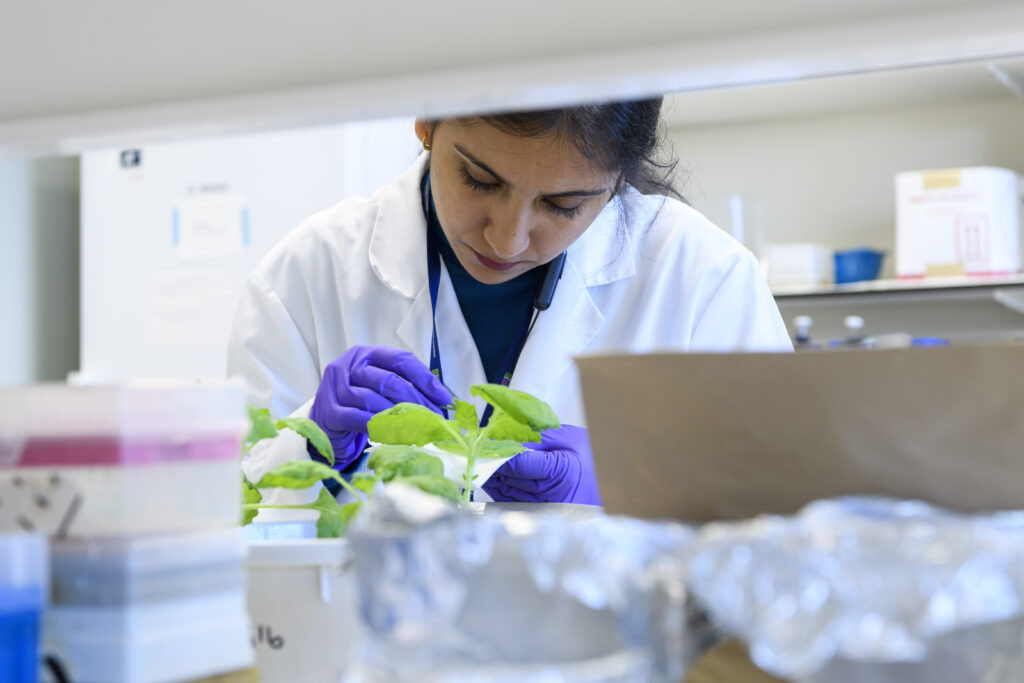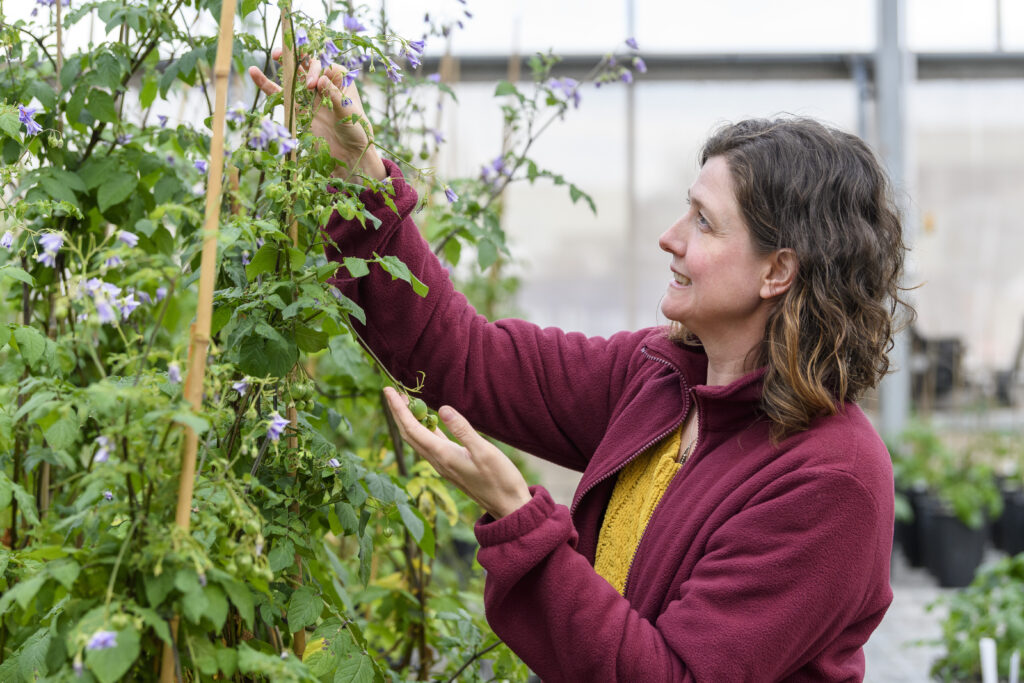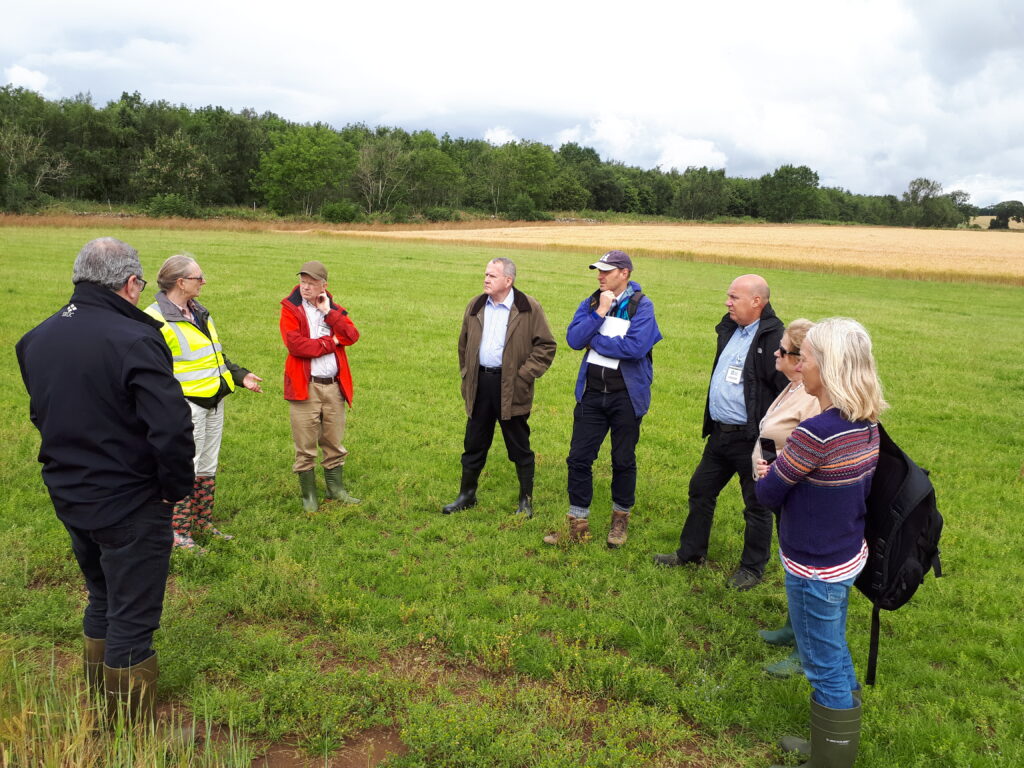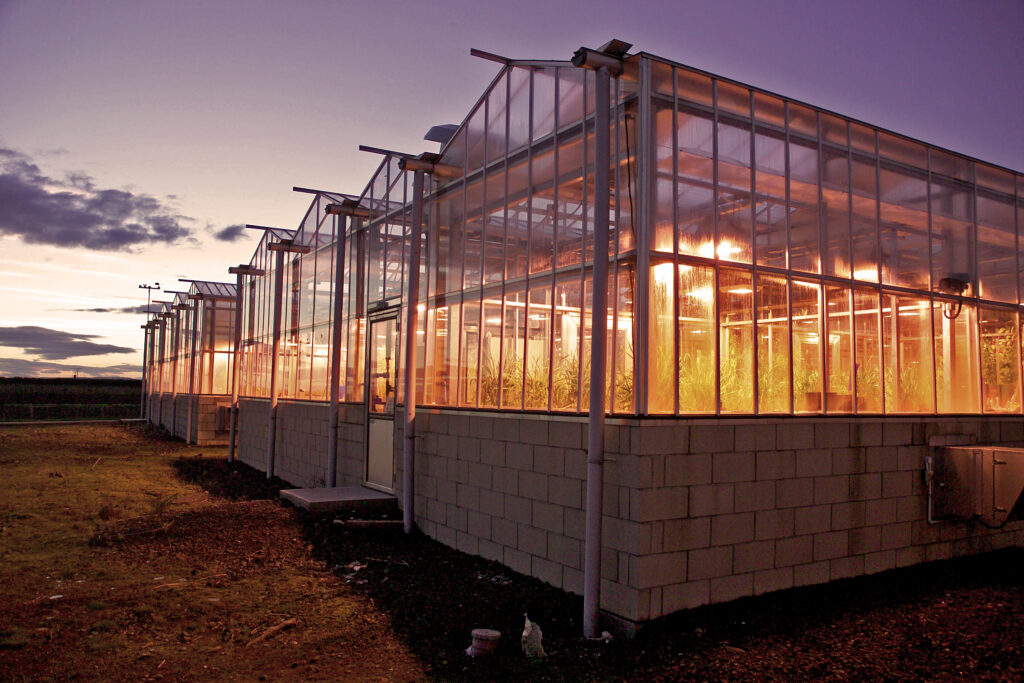Scientific services
James Hutton Institute Scientific Services (Hutton Scientific Services) is delivered through James Hutton Limited, the commercial subsidiary of The James Hutton Institute.
The services provided include world-class research and technical expertise across a broad range of scientific fields, including agriculture, environment, and food security. Specific services include plant breeding and licensing, scientific research, consultancy, and analytical services for clients worldwide.

About us
The team comprises highly experienced experts, field scientists, research specialists, social scientists, technicians and statisticians, ensuring high standards in service delivery and quality. By combining cutting-edge scientific advancements with practical, sustainable solutions, we are committed to addressing global challenges and fostering innovation in both public and private sectors. Through interdisciplinary collaboration and a focus on excellence, we play a key role in shaping policies, advancing knowledge, and driving impactful solutions for a sustainable future.
Analytical services and techniques
We offer specialised analytical services catering to a diverse clientele across the globe. Our expertise spans various sectors, encompassing oil & gas, natural products (including cannabinoids, medicinal plants and seaweeds), food and drink, water, soils, agriculture and horticulture.
With ISO17025:2017 and GMP accreditations, our laboratories uphold the highest standards of quality assurance. We are proud to be recognised as an ORETO (Official Recognition of Efficacy Testing Organisation).


Improving crop production
Collaborating with commercial partners, we harness our genetic development research and extensive germplasm collections to breed new varieties of potatoes and soft fruit.
Our diverse portfolio of varieties is available for international licensing, supported by rigorous field and controlled environment trials conducted by our expert team
Research collaborations
We forge partnerships across the agri-food supply chain, leveraging cutting-edge agri-tech advancements and championing regenerative agriculture practices.
Engaging with landowners, we conduct research aimed at tackling land use challenges and enhancing natural capital, including water resource management, renewable energy integration, and community engagement initiatives


How to work with us
Interested in utilising our state-of-the-art facilities, including crop storage or phenotyping equipment?
Exploring tenancy options to co-locate at one of our sites?
Seeking to license our patented technology or consult with our world-leading experts?
Whatever your requirements, we’re equipped to meet them.
Our leadership team
Our leadership team and board have a wealth of commercial and business leadership experience from a wide range of sectors.
Find out more about our business development managers and the innovative research and technology they are working with.

